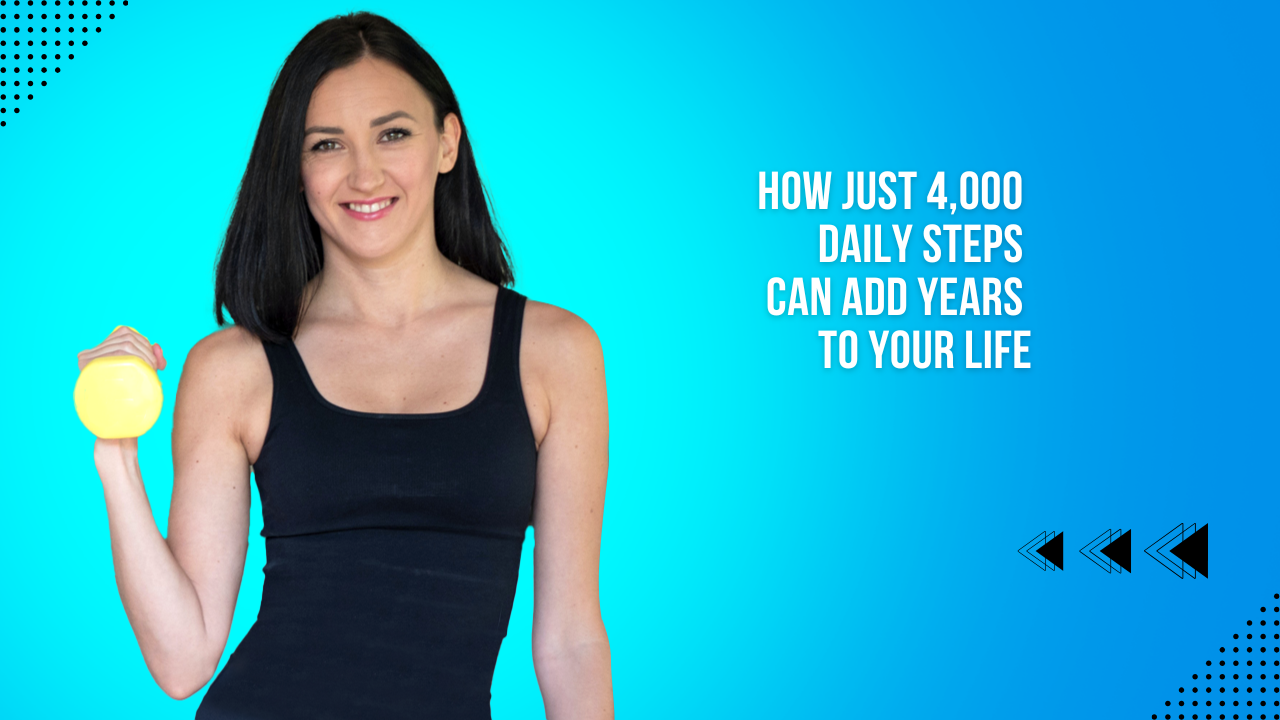You Don’t Need Motivation
The Science of Habit: How Tiny Daily Actions Rewire Your Brain and Change Your Life
You Don’t Need Motivation—You Need Better Habits
Most people set goals and fail—not because they lack ambition, but because they lack systems. The truth is, success doesn’t come from motivation or willpower. It comes from repeating small, consistent actions until they become part of who you are.
This article explores how science, psychology, and neuroscience prove that your habits shape your brain and your destiny.
By the end, you’ll know:
- How habits are formed
- How your brain rewires itself
- Step-by-step methods to form good habits and erase bad ones
- Real-life stories of success through habit transformation
What Are Habits, Scientifically?
A habit is a behavior repeated so often that it becomes automatic.
According to researchers at MIT and Duke University:
- Over 40% of daily actions are not conscious decisions—they’re habits.
- Habits live in the basal ganglia—a part of the brain that controls routine behaviors and emotions.
In simple terms: habits are mental shortcuts that save energy and keep you on autopilot.
The Brain Science: Neuroplasticity and Rewiring
Your brain is not fixed. Thanks to neuroplasticity, it’s always changing based on your behavior.
Every time you repeat an action:
- Neurons fire in your brain.
- If repeated regularly, those neurons “wire together“ and form stronger pathways.
The more you walk the same mental road, the easier it becomes to stay on it.
“Neurons that fire together, wire together.”
— Donald Hebb, Neuropsychologist
That’s why bad habits are hard to break—but good ones become automatic if you stay consistent.
The Habit Loop: Cue → Routine → Reward
All habits, good or bad, follow this 3-part cycle:
| Stage | Description | Example |
| Cue | Trigger that starts the behavior | Phone buzzes |
| Routine | The actual behavior | You check Instagram |
| Reward | The benefit you gain from it | Dopamine hit, social feed |
Understanding this loop allows you to replace bad habits with better ones—by keeping the cue and reward but changing the routine.
Why Tiny Habits Work Better Than Big Changes
Big goals often lead to big failures. But tiny habits make change sustainable.
The Science of Tiny Wins:
- They’re easy to start—no motivation needed.
- They build momentum—helping you feel successful quickly.
- They compound over time—leading to big results.
“Success is the product of daily habits—not once-in-a-lifetime transformations.”
— James Clear, Atomic Habits
The Power of Identity-Based Habits
Habits shape who you become.
- Instead of saying: “I want to run 5K.”
- Say: “I am a runner.”
Why? Because when your actions align with your identity, the habit sticks naturally.
Identity → Habits → Reinforcement → Identity
Myth vs Science in Habit Formation
| Habit Myth | Reality Based on Science |
| Takes 21 days to build a habit | ❌ Most habits take 21–66 days depending on complexity |
| Willpower is the key | ❌ Environment and systems matter more than willpower |
| Break bad habits by resisting | ❌ Replace the routine instead of resisting it |
| Motivation lasts forever | ❌ Motivation fades, but habits persist |
Step-by-Step: How to Build Good Habits
1. Start with a “Why”
Know your purpose. Tie your habit to a deeper goal.
- “I want to meditate” → “So I feel calmer and focused during the day.”
2. Use Habit Stacking
Attach a new habit to something you already do.
Formula: After I [current habit], I will [new habit]
➡ “After I make my coffee, I will journal for 2 minutes.”
3. Make It Obvious
Visual cues help your brain.
- Place your gym shoes by the door
- Keep your water bottle on your desk
4. Make It Easy
Don’t start with 30-minute workouts. Start with 2 pushups.
- The brain resists complexity. Start simple.
5. Make It Satisfying
Track your progress. Use a habit tracker.
- The brain craves reward. Celebrating micro-wins releases dopamine.
How to Break Bad Habits Using “Inversion”
Instead of adding more discipline, remove triggers.
| Habit | Trigger to Remove |
| Late-night phone scrolling | Keep phone outside bedroom |
| Eating junk food | Don’t bring it home |
| Procrastinating | Block distracting apps/websites |
Tip: Replace the routine but keep the cue and reward to trick your brain into switching behaviors.
Real-Life Examples of Habit Transformation
Psychology Facts: Why Habits Rule Your Life
- Habits form 95% of your daily actions.
- The brain is lazy—it chooses familiar paths.
- Dopamine reinforces repeat behavior.
That means:
You are what you repeatedly do, not what you intend to do.
Final Thoughts: Your Habits Shape Your Destiny
You don’t need a miracle to change your life.
You don’t need extreme motivation or a 5 AM routine.
What you need is to:
- Start tiny
- Be consistent
- And focus on systems, not just goals
Your brain is a powerful machine. Program it wisely
YOU MAY ALSO LIKE THESE POST









5 comments